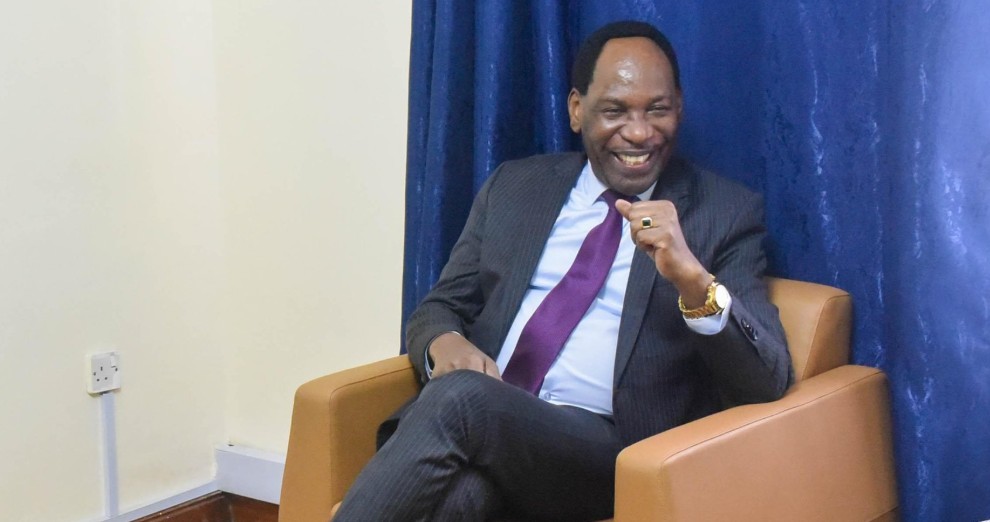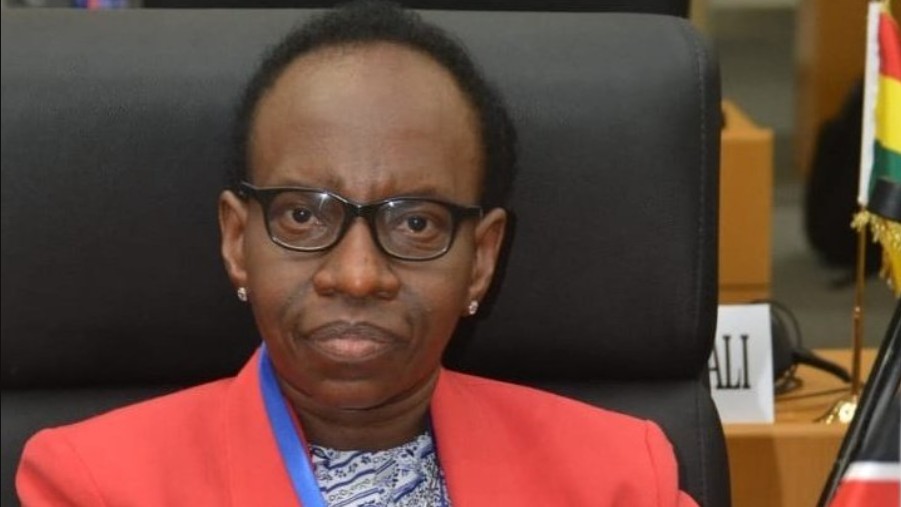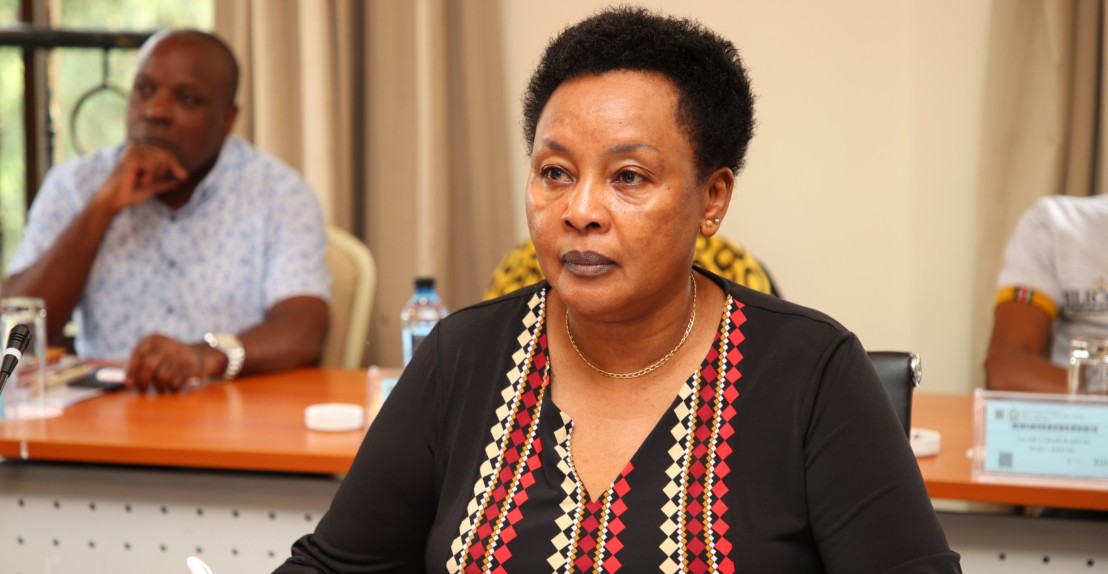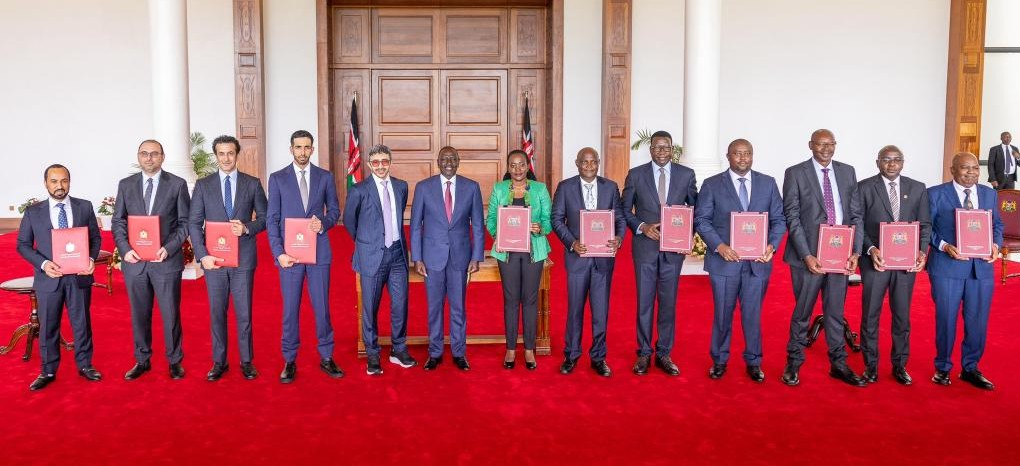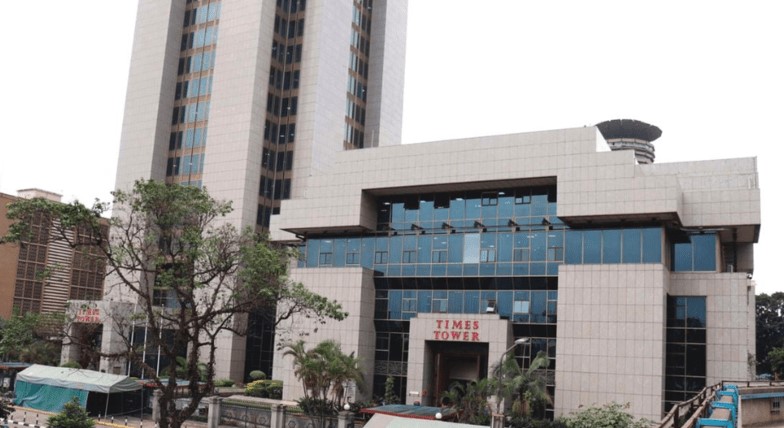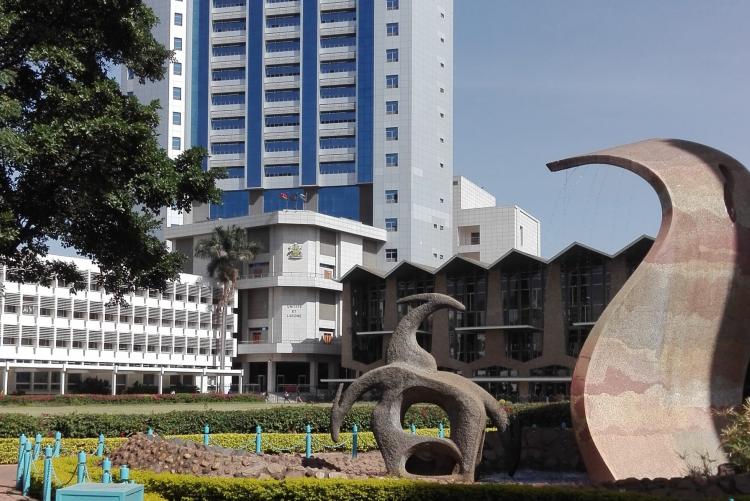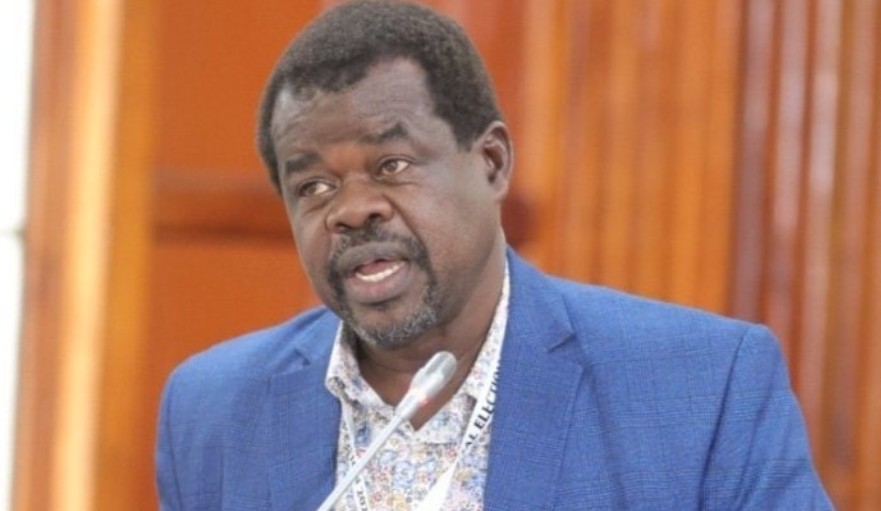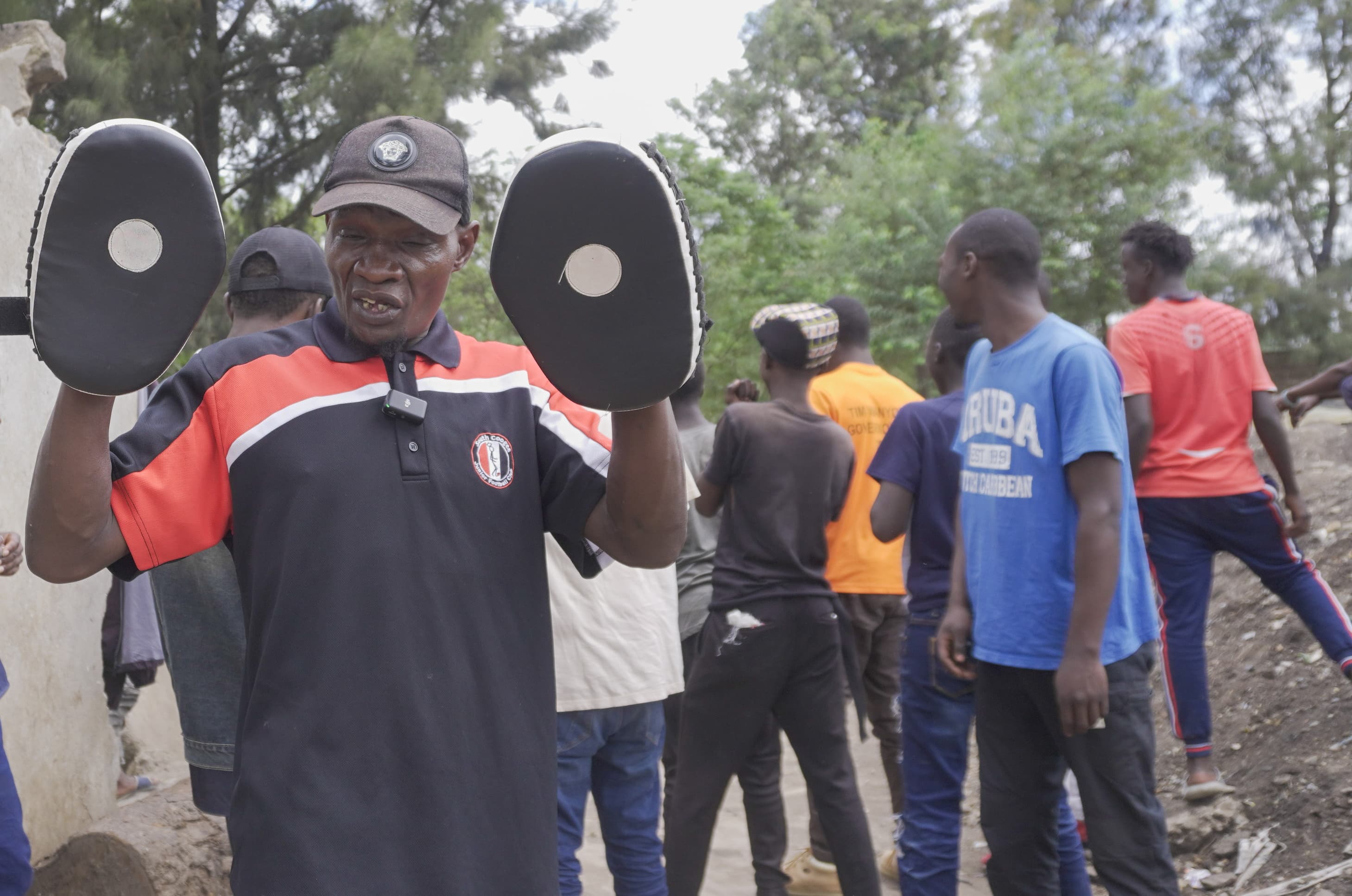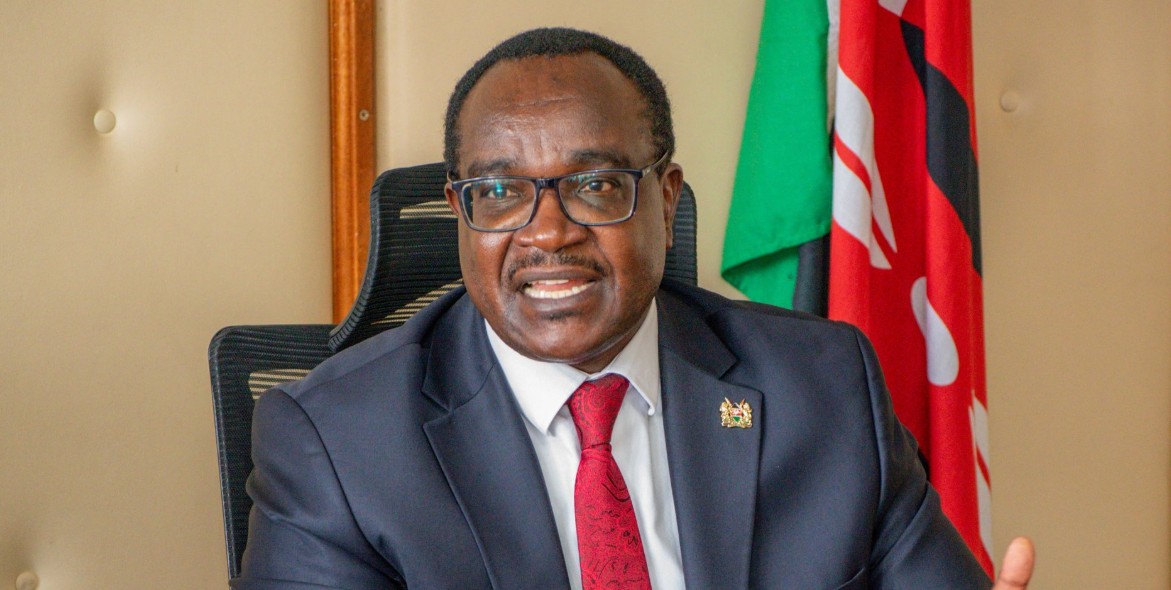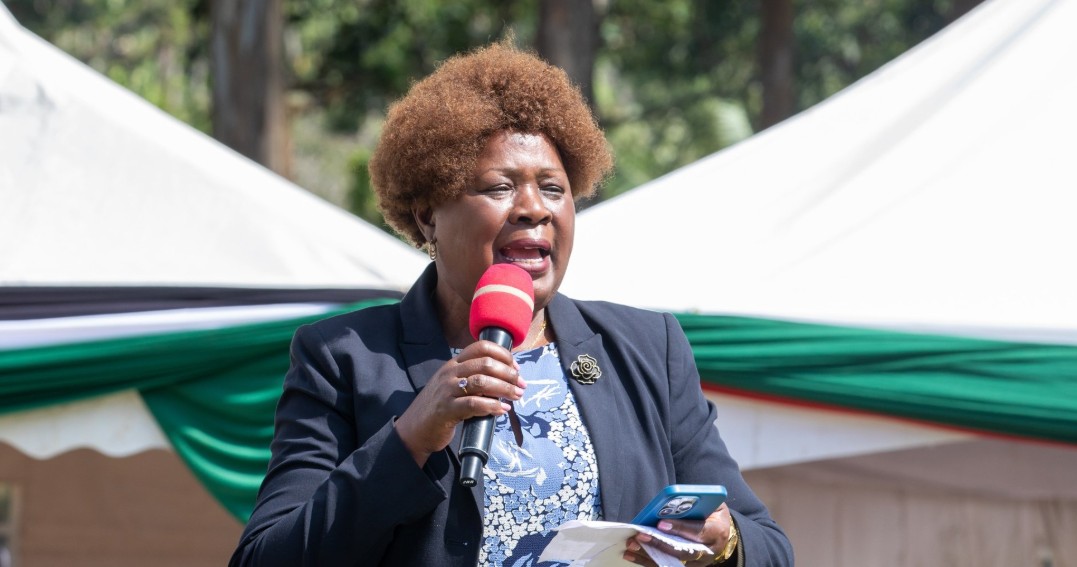High Court to rule on suspension of SHIF roll-out in two weeks
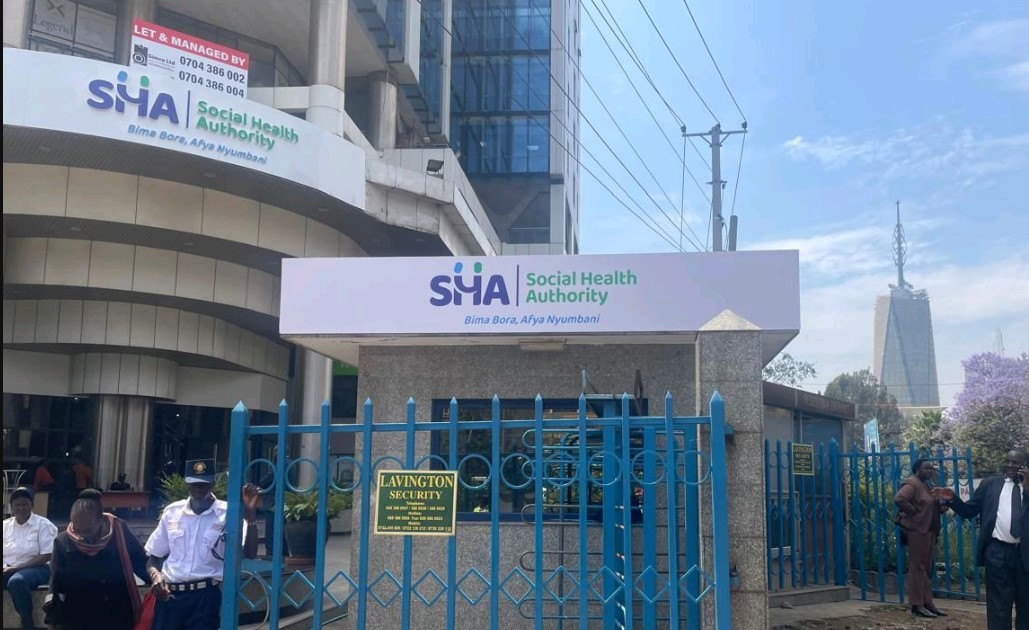
The petitioners are seeking a suspension of the SHIF, which was initiated on October 1 to replace the National Health Insurance Fund (NHIF).
The High Court will in two weeks determine whether to suspend the implementation of the Social Health Insurance Fund (SHIF).
This is after the Ministry of Health requested additional time to respond to a petition contesting the new scheme's rollout.
More To Read
- Kenya launches public health institute to boost emergency response, centralise disease surveillance
- Oluga calls for urgent reforms in blood services to avert crisis, boost UHC goals
- MPs seek public views in Mediheal kidney transplant probe
- All teachers, dependents now eligible for SHA healthcare benefits- Duale
- Two months on, government yet to settle NHIF claims for private hospitals despite Ruto promise
- 34% of students forced to decline admission due to fees crisis, KMTC boss says
In a ruling on Thursday, High Court judge Bahati Mwamuye ordered all involved parties to file their responses, as Konvergenz Network Solutions Ltd defended its role in executing the Universal Health Coverage initiative.
The Ministry, represented by senior lawyer Kioko Kilukumi, indicated that it had not yet submitted its response to the lawsuit filed by Busia Senator Okiya Omtatah, Eliud Karanja Matindi, and Magare Gikenyi.
“In the interim, the court reserves the issuance of any conservatory orders to that hearing date if the same would be meritorious to issue,” Judge Mwamuye said, instructing the parties to return on October 25 for the highlighting of submissions.
The petitioners are seeking a suspension of the SHIF, which was initiated on October 1 to replace the National Health Insurance Fund (NHIF).
They argue that the government rolled out the program without the necessary legislation to operationalise the Social Health Insurance Act.
“The petitioners reiterate that the SHIF cannot be rolled out in the absence of enabling subsidiary legislation issued under the SHA Act and approved by Parliament to operationalise it," Omtatah said.
Matindi expressed concerns about the rollout's confusion, noting that patients were being denied services at hospitals.
“Serious violations are happening even as the matter is pending determination. The court should intervene and stop it,” he said.
Additionally, the petitioners have questioned the procurement process involving the Safaricom consortium, tasked with providing an Integrated Healthcare Information Technology System (IHTS) for Universal Health Care (UHC) at Sh104.8 billion.
In response, Konvergenz Network Solutions Ltd stated that the procurement adhered to legal standards, asserting that the case does not present any constitutional issues for the court to resolve.
Lawyer Issa Mansur, representing the company, explained that the Ministry of Health aims to establish a digital health superhighway that integrates key players in the healthcare ecosystem as part of the government's reform efforts for universal healthcare.
He detailed that the platform would connect national core digital health services with healthcare providers at both national and county levels, as well as the Social Health Authority (SHA), the Kenya Medical Supplies Authority (Kemsa), the Pharmacy and Poisons Board, and the Kenya Medical Practitioners and Dentists Council, ensuring interoperability across various services.
“This involved the creation and implementation of a digital ecosystem with interconnected healthcare information technologies, including the provision of ICT infrastructure—both software and hardware (laptops, tablets, servers)—and secure IT connectivity to operate the digital ecosystem across all public healthcare activities,” Abdullahi Abdi, the company's director said.
The company refuted claims that the provision of the system by the Safaricom consortium represented a fraudulent scheme to misappropriate Sh104 billion over ten years under SHIF.
Abdullahi clarified that payments to the consortium would be generated through system usage and other avenues, such as royalties from relevant government health agencies, ensuring that no payments would be due if the system fails.
“The project is self-funding and no payments will be drawn from the Consolidated Fund,” he added.
Further, the firm dismissed accusations that the Safaricom consortium would sell the software to third parties, describing such claims as misleading.
“The Integrated Healthcare Information Technology System for UHC is a fully integrated digital system geared towards improving patient care, streamlining operations, and strengthening the supply chain for medical products to ensure every Kenyan has access to quality healthcare," Abdi said.
He noted that it is in the public interest to guarantee that all Kenyans have access to the highest attainable standard of health.
“A conservatory order will therefore have the effect of denying the public a constitutionally guaranteed right to healthcare services in the absence of any other framework for the provision of healthcare other than through SHIF,” the company said.
Top Stories Today

